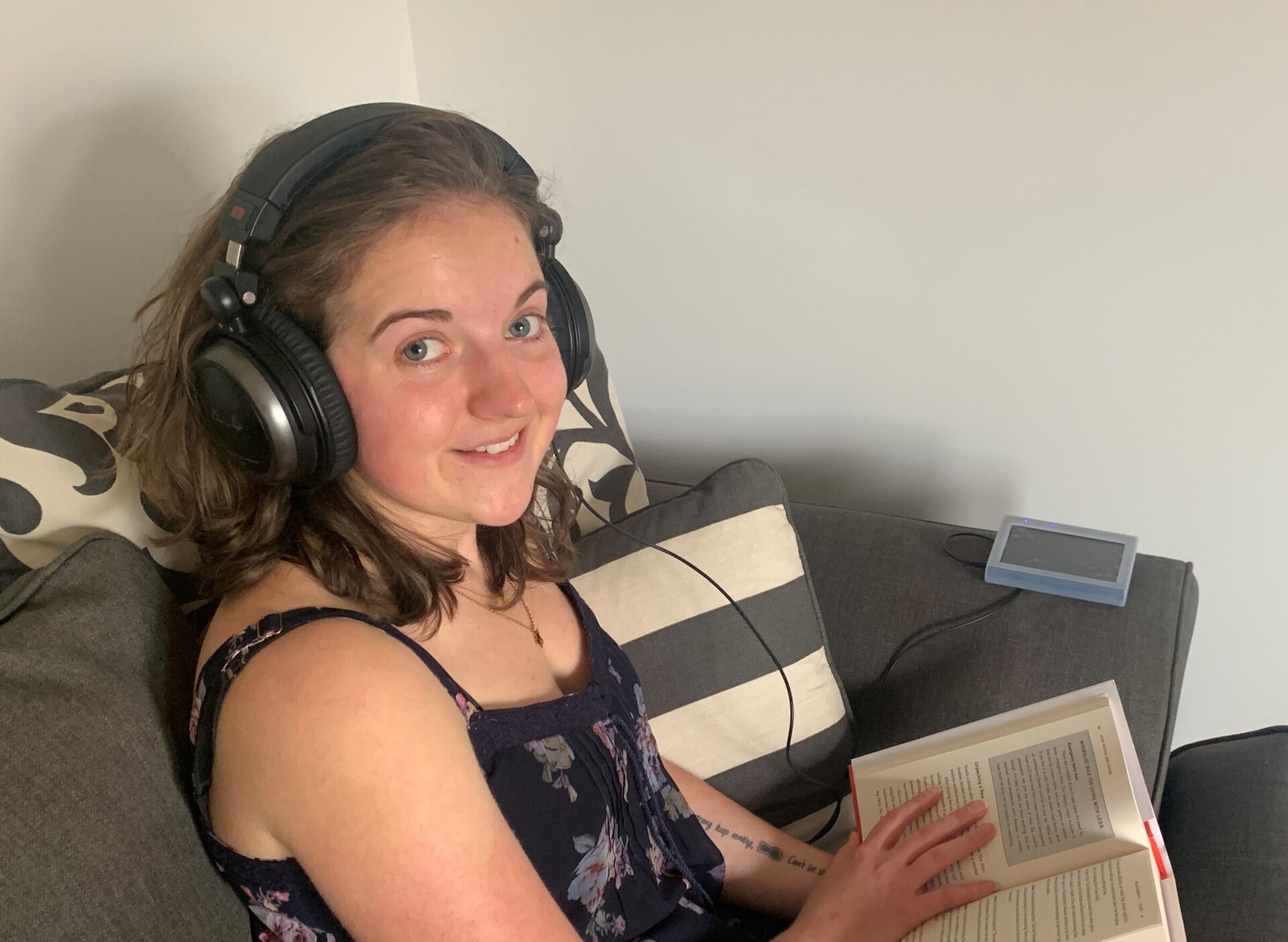AUDIO-PROCESSING
Audio-processing difficulties are often difficult to recognize because they change very quickly. Audio-processing difficulties are very common among those with learning difficulties and are rarely picked up in school hearing checks. Just because a child passes a hearing check does not mean they can hear every frequency in both ears or through both bone and air conduction at the same time. Nor does it show if a child needs instructions at a high volume before they can hear them or that all the vowel sounds (a, ae, ea, u, etc) sound the same to them.
Some symptoms of audio-processing difficulties in children include;
-frequently asking for repeated instructions or following other children in a classroom because they didn’t understand what to do
-speaking in a low, mumbled or monotonous tone
-speaking at full volume even inside
-having the television / other technology on high volume
-poor spelling, reading, writing
-poor communication skills, often with peers and friends
-withdrawing from large group activities or preferring to play by themselves
-poor emotional regulation, tantrums, meltdowns for unknown reasons
-poor self confidence
A listening test will show which areas of audio-processing abilities are not working as they should and listening programmes can be tailored to adjust HOW a child listens and processes auditory information.



